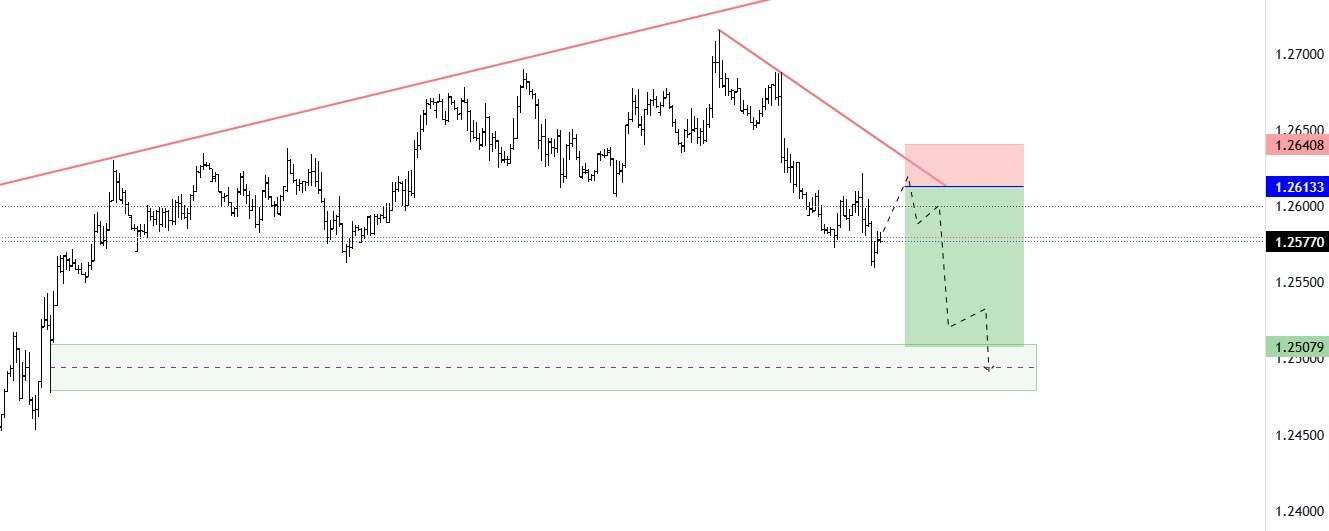📖 Introduction
Effective position sizing is essential for managing risk in forex trading. Calculating the correct lot size ensures that traders control their exposure per trade, protecting capital while maximizing returns. This guide will break down the lot size calculation process step by step.
🔍 Why Position Sizing Matters:
- 📊 Manages Risk: Prevents overexposure on a single trade.
- 💰 Preserves Capital: Helps sustain a trading account over the long term.
- 🎯 Optimizes Profitability: Ensures trades align with risk management strategies.
❓ What Is Position Sizing?
Position sizing refers to determining how much capital to allocate per trade. The right lot size helps traders maintain a balanced risk-to-reward ratio and avoid overleveraging.
📏 How to Calculate Lot Size in Forex
🧮 Formula for Position Sizing
✅ Step-by-Step Calculation:
- 📋 Determine Account Balance: Example: $10,000 trading capital.
- 🎯 Decide Risk Per Trade: Using the 2% rule, risk $200 per trade.
- 💲 Find Pip Value: For a standard lot on EUR/USD, 1 pip = $10.
- 🔒 Set Stop-Loss: Assume a 30-pip stop-loss.
- ➡️ Apply the Formula:
Position Size = (Risk per Trade) / (Pip Value × Stop-Loss in Pips)
Example:
- Risk: $200
- Pip Value: $10
- Stop-Loss: 30 pips
📐 Position Size = 200 / (10 × 30) = 0.67 lots
📊 Lot Size Types in Forex
| Lot Size | Units of Base Currency | Pip Value per Lot (EUR/USD) |
|---|---|---|
| Standard Lot | 100,000 | $10 per pip |
| Mini Lot | 10,000 | $1 per pip |
| Micro Lot | 1,000 | $0.10 per pip |
❌ Common Mistakes to Avoid in Position Sizing
⚠️ Overleveraging: Trading lot sizes too large for your account size.
❌ Ignoring Stop-Loss Levels: Not setting predefined risk limits.
🔄 Inconsistent Risk Per Trade: Varying risk can lead to inconsistent results.
🏁 Conclusion
Mastering position sizing is crucial for effective risk management in forex trading. Using the correct lot size ensures consistency, protects your capital, and maximizes gains.
📘 Next Post:
Are you ready to master position sizing and take your trading to the next level? 🚀
